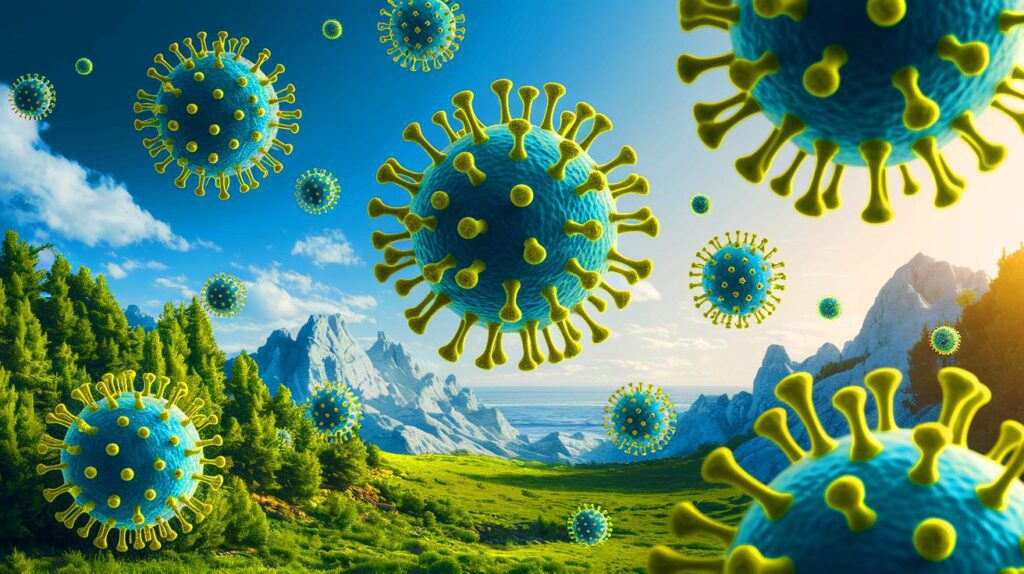Marine viruses are being explored for their potential role in enhancing carbon capture and combating climate change, according to researchers from Ohio State University. They have identified 128 metabolic pathways in these viruses that can affect cells responsible for carbon processing, highlighting their potential as tools to boost the ocean’s capacity to act as a carbon sink. This research indicates that marine viruses can significantly influence the process of carbon sequestration, helping to reduce CO2 levels in the atmosphere.
The concept involves using viruses to optimize the ocean’s ability to absorb atmospheric carbon, promoting the transformation of CO2 into organic carbon through microbial activity. Previous studies have connected viruses with carbon precipitation, supporting findings that certain viruses might enhance marine geoengineering efforts. Researchers like Professor Matthew Sullivan are investigating the application of viral interactions not only in ocean ecosystems but also in health and other environments, with promising implications for various applications.
As this research progresses, it opens new avenues for manipulating viral activity in both marine and terrestrial ecosystems. However, policymakers and scientists must establish guidelines to ensure the responsible use of viruses in climate mitigation, considering the ecological and ethical implications of such interventions. Overall, harnessing the capabilities of marine viruses could contribute significantly to innovative strategies aimed at addressing climate change and its impacts.
Source link


